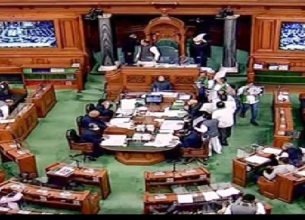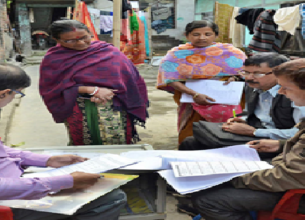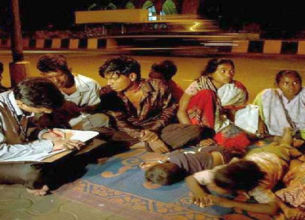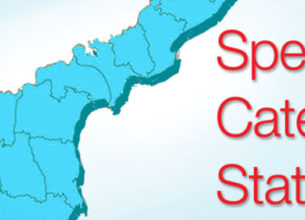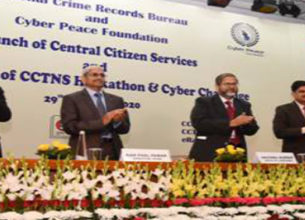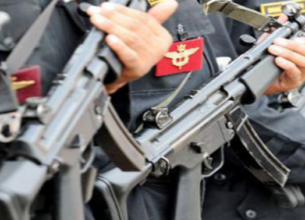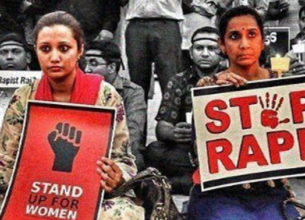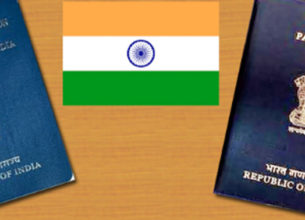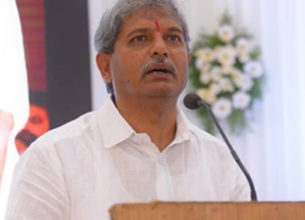Panel to look into AFSPA withdrawal from Nagaland
29, Dec 2021
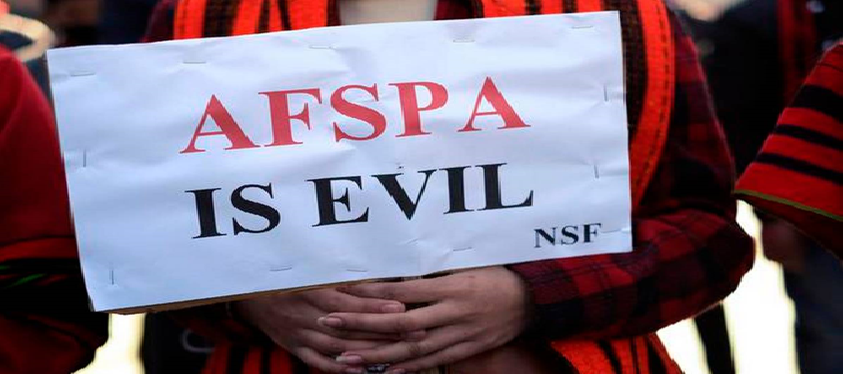
Prelims level : Policies
Mains level : GS-III Challenges to internal security through communication networks, role of media and social networking sites in Internal Security Challenges, basics of cyber security; Money-Laundering and its Prevention.
Why in News?
- Days after a botched ambush by an elite armed forces unit killed 13 civilians at Oting in Nagaland’s Mon district, a decision has been taken to constitute a committee to study the possibility of withdrawing the Armed Forces (Special Powers) Act (AFSPA) from the State.
About the News:
- The committee will be headed by the Additional Secretary (Northeast) in the Ministry of Home Affairs and will include Nagaland’s Chief Secretary and Director-General of Police.
- The other members will be Inspector General of Assam Rifles (North) and a representative of the Central Reserve Police Force (CRPF).
- The committee would submit its report within 45 days. The withdrawal of the “disturbed area” notification and the AFSPA from Nagaland will be based on the recommendations of the committee.
What is the Issue?
- MHA said the area comprising the whole of Nagaland is in such a “disturbed and dangerous condition” that the use of armed forces in aid of the civil power is necessary.
- But, Nagaland CM criticised the Centre for extending the “disturbed area” tag on Nagaland every year to prolong the AFSPA despite a ceasefire agreement for almost 25 years.
What does the AFSPA mean?
- In simple terms, AFSPA gives armed forces the power to maintain public order in “disturbed areas”.
Powers given to Armed Forces:
- They have the authority to prohibit a gathering of five or more persons in an area, can use force or even open fire after giving due warning if they feel a person is in contravention of the law.
- If Reasonable suspicion exists, the army can also arrest a person without a warrant; enter or search premises without a warrant; and ban the possession of firearms.
- Any person arrested or taken into custody may be handed over to the officer in charge of the nearest police station along with a report detailing the circumstances that led to the arrest.
What is a “Disturbed Area” and who has the power to Declare it?
- A disturbed area is one which is declared by notification under Section 3 of the AFSPA. An area can be disturbed due to differences or disputes between members of different religious, racial, Language or Regional Groups or castes or Communities.
- The Central Government or the Governor of the State or administrator of the Union Territory can declare the whole or part of the State or Union Territory as a disturbed area.
Has there been Any Review of the Act?
- On November 19, 2004, the Central government appointed a five-member committee headed by Justice B P Jeevan Reddy to review the provisions of the act in the north eastern states.
- The committee submitted its report in 2005, which included the following recommendations: (a) AFSPA should be repealed and appropriate provisions should be inserted in the Unlawful Activities (Prevention) Act, 1967; (b) The Unlawful Activities Act should be modified to clearly specify the powers of the armed forces and paramilitary forces and (c) grievance cells should be set up in each district where the armed forces are deployed.
- The 5th report of the Second Administrative Reforms Commission on public order has also recommended the repeal of the AFSPA.



